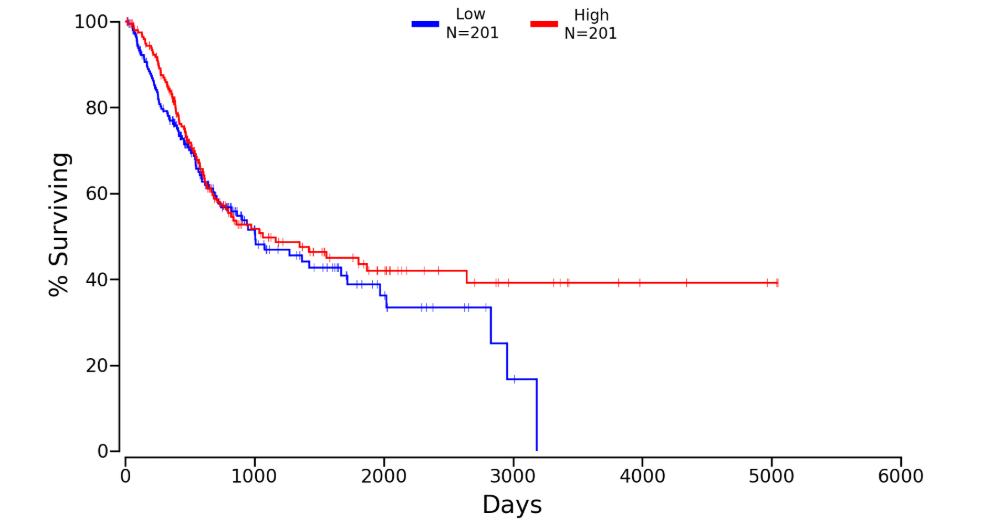EEF2K
Entrez ID: 29904
Full name: eukaryotic elongation factor 2 kinase
External links: HGNC UniprotKB Ensembl RefSeq COSMIC
Family: Atypical: Alpha: eEF2K
Chromosomal location: 16p12.2
Substructure location: Gatekeeper: A-loop: G-loop: αC-helix:
Please click HERE
for better display.
EEF2K
Threonine kinase that regulates protein synthesis by controlling the rate of peptide chain elongation. Upon activation by a variety of upstream kinases including AMPK or TRPM7, phosphorylates the elongation factor EEF2 at a single site, renders it unable to bind ribosomes and thus inactive. In turn,...
Threonine kinase that regulates protein synthesis by controlling the rate of peptide chain elongation. Upon activation by a variety of upstream kinases including AMPK or TRPM7, phosphorylates the elongation factor EEF2 at a single site, renders it unable to bind ribosomes and thus inactive. In turn, the rate of protein synthesis is reduced.
View more >>
GO - Biological processes (BP):
cellular response to anoxia, cellular response to brain-derived neurotrophic factor stimulus, cellular response to calcium ion, cellular response to cAMP, cellular response to insulin stimulus, negative regulation of apoptotic process, positive regulation of dendritic spine morphogenesis, positive r...
cellular response to anoxia, cellular response to brain-derived neurotrophic factor stimulus, cellular response to calcium ion, cellular response to cAMP, cellular response to insulin stimulus, negative regulation of apoptotic process, positive regulation of dendritic spine morphogenesis, positive regulation of endocytosis, positive regulation of synapse assembly, protein autophosphorylation, regulation of protein autophosphorylation, response to ischemia, response to prolactin, translational elongation
View more >>
GO - Molecular function (MF):
ATP binding, calcium ion binding, calmodulin binding, elongation factor-2 kinase activity, protein kinase activity, translation factor activity, RNA binding...
ATP binding, calcium ion binding, calmodulin binding, elongation factor-2 kinase activity, protein kinase activity, translation factor activity, RNA binding
View more >>
GO - Cellular component (CC):
cytosol, cytoplasm, dendritic spine, postsynaptic density...
cytosol, cytoplasm, dendritic spine, postsynaptic density
View more >>
eukaryotic elongation factor 2 kinase
Control panel
Show dataset:
Show substructure:
All sites
Gatekeeper
A-loop
G-loop
αC-helix
Gatekeeper
A-loop
G-loop
αC-helix
Filter mutation sites
All sites
Minimum 5 samples
Minimum 10 samples
Minimum 5 samples
Minimum 10 samples
Data table is loading....
Kaplan plot for EEF2K in

Download patient group data (Lower:Upper = 50%:50%)
*NOTE: the Kaplan plots were collected from OncoLnc